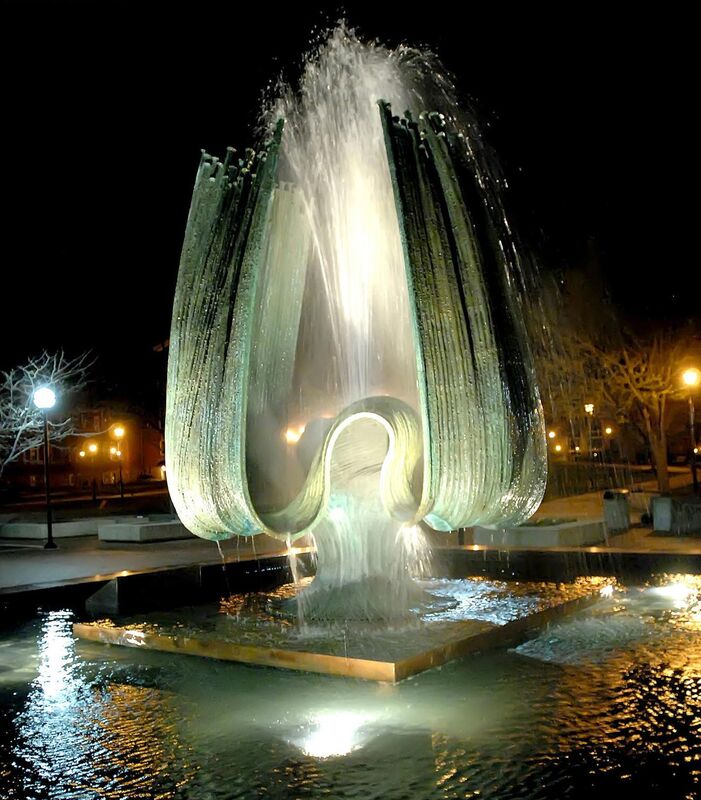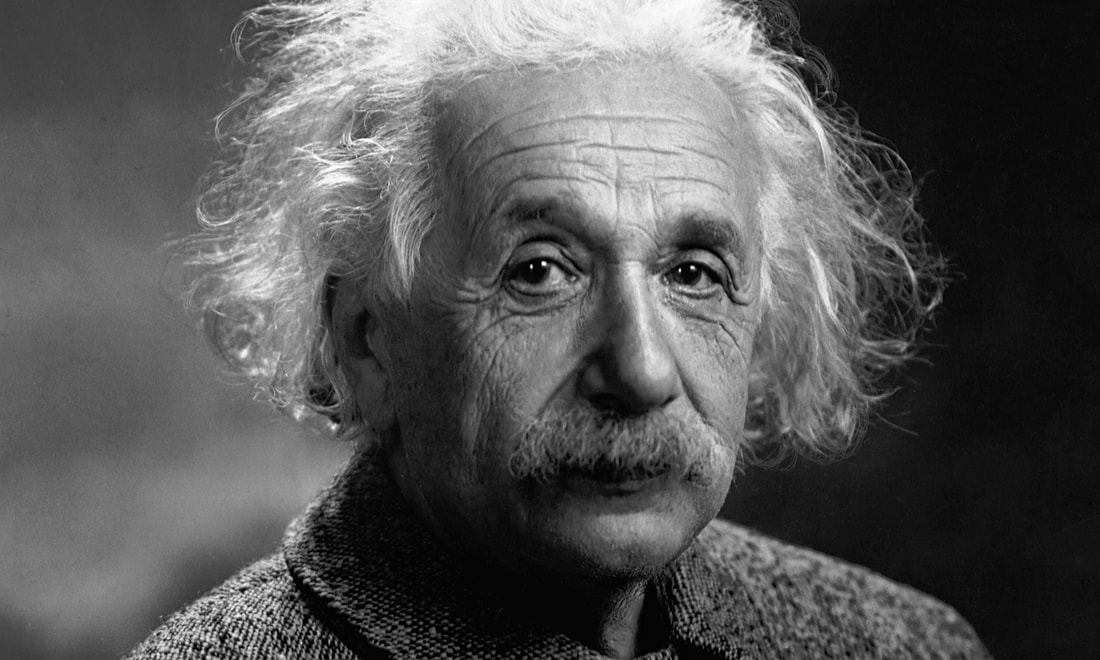After the game, thirty-seven Marshall football players, most of the coaches, team doctors, the university's athletic director, and 25 team boosters–some of Huntington, West Virginia’s most prominent citizens–who had traveled to North Carolina to cheer on the Thundering Herd, boarded a chartered jet back to Huntington.
The weather was terrible the closer they got to Huntington (keep in mind there wasn't the sophisticated technology we have today, so the pilots had no warning), and they clipped some trees upon descent and the plane crashed killing all passengers on board. It was the town's own J.F.K. moment as people were in shock and it was a huge battle in town to figure out if they should start another football program.
As the university's board met to discuss the matter, thousands of students showed up outside the window of the conference room chanting: "We are Marshall!" again and again. Because of what these students did, the board went ahead and authorized the funds necessary to start the football program back up the following season.
The president of the university called everyone he could think of, mostly Marshall football alumni, trying to get someone to be the head coach but no one wanted the job. It's one thing to slide into a coaching position, it's another to build a program from scratch and knowing that your resume will end up with a lot of losses on it until the program gets where it needs to be years down the road.
A coach from the College of Wooster (Jack Lengyel) called the president of the university and said he'd be willing to take on the head coaching job. He wasn't anything the president of the university had hoped for, but he needed someone and if anything, Jack seemed like the eternal optimist. The president of the university also appreciated what Jack said in that his heart broke for the players and fans and he just wanted to do something to help.
Jack brought together a ragtag group of assistant coaches who were mostly alumni of Marshal's previous football teams. He made one of the coaches his assistant head coach and recruiting specialist and this man was a coach on the team that went down on the plane, but he left after the game that night to do some recruiting. He ended up with severe survivor's guilt. He didn't want to coach football anymore, but Jack convinced him to give him one season to help get the program up and running and he agreed. He also kept to his word and after the next season never coached football again.
Can you imagine trying to recruit football players when undoubtedly the team was going to be terrible? Jack wasn't going to give up and he did a masterful move. At the time, no NCAA team could play freshmen. Jack and the president of the university convinced the NCAA to make an exception because they wouldn't have a football team if they couldn't play with freshmen athletes.
After numerous attempts, the NCAA gave Marshall an exemption. Armed with this, Marshall was able to go out and offer something no other team in the nation could, anyone joining the team right out of high school could play college football immediately. The fact is most college athletes know they won't go pro so what they really want is the chance to not ride the bench and play the sport they love. At the same time, it would give them an opportunity to showcase their talents immediately versus having to deal with grueling football practices and no chance to play. It was a brilliant move on Jack's part.
When it was all said and done, Jack had nine veteran players, a bunch of 18-year-olds when other college teams averaged a player's age of 20 years and eight months as starters, and many walk-ons such as their field goal kicker who was on Marshall's soccer team.
The team struggled coming up with an easy offensive playbook which was necessary because of the lack of experience players had. Jack did the unthinkable and travelled to West Virginia University and asked their head coach for help. This coach, by the name of Bobby Bowden, ended up being one of the greatest college football coaches in history. My wife, Maggie, loved him for what he did for her Florida State Seminoles.
Anyhow, even though Marshall was considered a competitor to WVU, Bobby gave them help through allowing them to use all of their playbooks and review all of the films. While there, Jack noticed something on the players helmets, it was a cross with M.U. on it. He couldn't believe it. Jack found out that besides being an amazing coach, Bobby was even a better Christian leading many players and coaches to Christ.
The team only won a few games that season but in their very first home game since the plane crash, they were playing Xavier and they won the game 15-13 with a last second touchdown. It was like winning the SuperBowl and fans stayed in the stadium hours after the game ended. I'm sure that after all these years any fans who were there considered it their Woodstock moment.
The football team ended up being horrific at first and lost more football games in the 70's than any other team in the nation. Jack left after a few years, but he accomplished what he set out to do because for pretty much the first time, it wasn't wins that mattered as much as it was to bring the spirit back to the campus. His light shone brightly, and it was a spark the college needed. In 1984, Marshall had its first winning record in 20 years and followed this with eight conference championships in a row and two national championships; one with Chad Pennington if you remember.
As long as they're not playing Florida State University, I cheer Marshall on all the time regardless of the sport. What strength of character Huntington, West Virginia has. We are Marshall!
Below is a picture of a memorial fountain for those who died on that plane in 1970. Six people couldn't be clearly identified, and they were buried at the site with the families' approvals. Every year, at the moment of the crash, the fountain is turned off. How beautiful is that? Over 50 years and those who died are still being honored.


 RSS Feed
RSS Feed